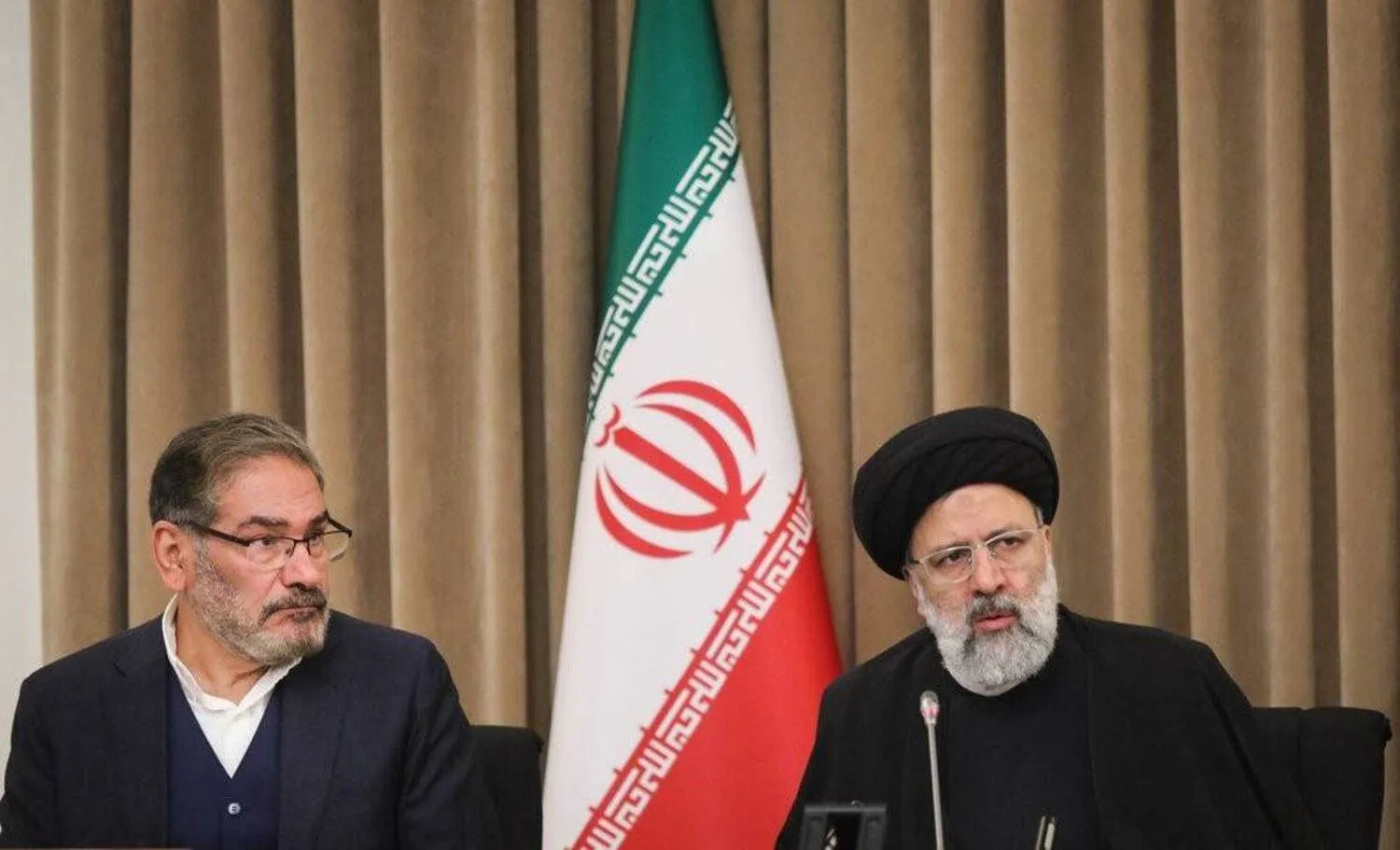Ali Shamkhani took on the role of Iran’s Secretary of the Supreme National Security Council on September 10, 2013, coinciding with the delegation of nuclear negotiation responsibilities to the Ministry of Foreign Affairs.
While not directly involved in the nuclear negotiations, Shamkhani served as a crucial link between the Iranian Supreme Leader Ali Khamenei and the nuclear negotiating team, playing a pivotal role in advancing the progress of the talks.
Due to his role in the negotiations that resulted in the 2015 nuclear agreement, Shamkhani faced pressure from opponents of the deal, particularly after the talks stalled in September 2022.
In recent days, Iranian officials have discussed the possibility of resuming nuclear negotiations with the US, given the exchange of messages between the two sides.
Iranian news websites have been reporting on potential alterations to the Iranian negotiators’ team, with speculation surrounding the potential comeback of former chief negotiator Abbas Araqchi.
However, the likelihood of a replacement for Shamkhani remains uncertain, although not entirely ruled out.
Shamkhani’s involvement in foreign policy has intensified during the final months of his tenure, fueling speculation about the potential restoration of direct negotiation authority to the Supreme National Security Council.
This remains one of the scenarios under consideration even after Shamkhani's potential replacement.
With Iran’s growing stockpile of 60% enriched uranium, reviving the negotiations remains a strongly considered scenario. This is due to growing Western concerns about the shift in the trajectory of Iran’s nuclear program.
In recent weeks, the risks of a potential military confrontation between Iran and Israel have increased. Israel has informed Western powers that it may launch a unilateral strike on Iranian facilities if Tehran continues enriching uranium at a 60% level.
After US National Security Advisor Jake Sullivan hinted at giving Israel the green light in the event of Iran’s proximity to nuclear weapons, Iranian officials have indirectly warned of potential withdrawal from the Treaty on the Non-Proliferation of Nuclear Weapons.
This possibility is also on the table if nuclear negotiations are officially declared unsuccessful, prompting Western powers to trigger the mechanism for the reinstatement of UN sanctions.
Shamkhani’s departure from the Supreme National Security Council is expected to influence nuclear negotiations, particularly with the arrival of influential leader Ali Akbar Ahmadian.
This shift may favor proponents of enhanced Iranian “deterrence,” including the possibility of nuclear weapon production, despite the Iranian Supreme Leader's fatwa against weapons of mass destruction.









